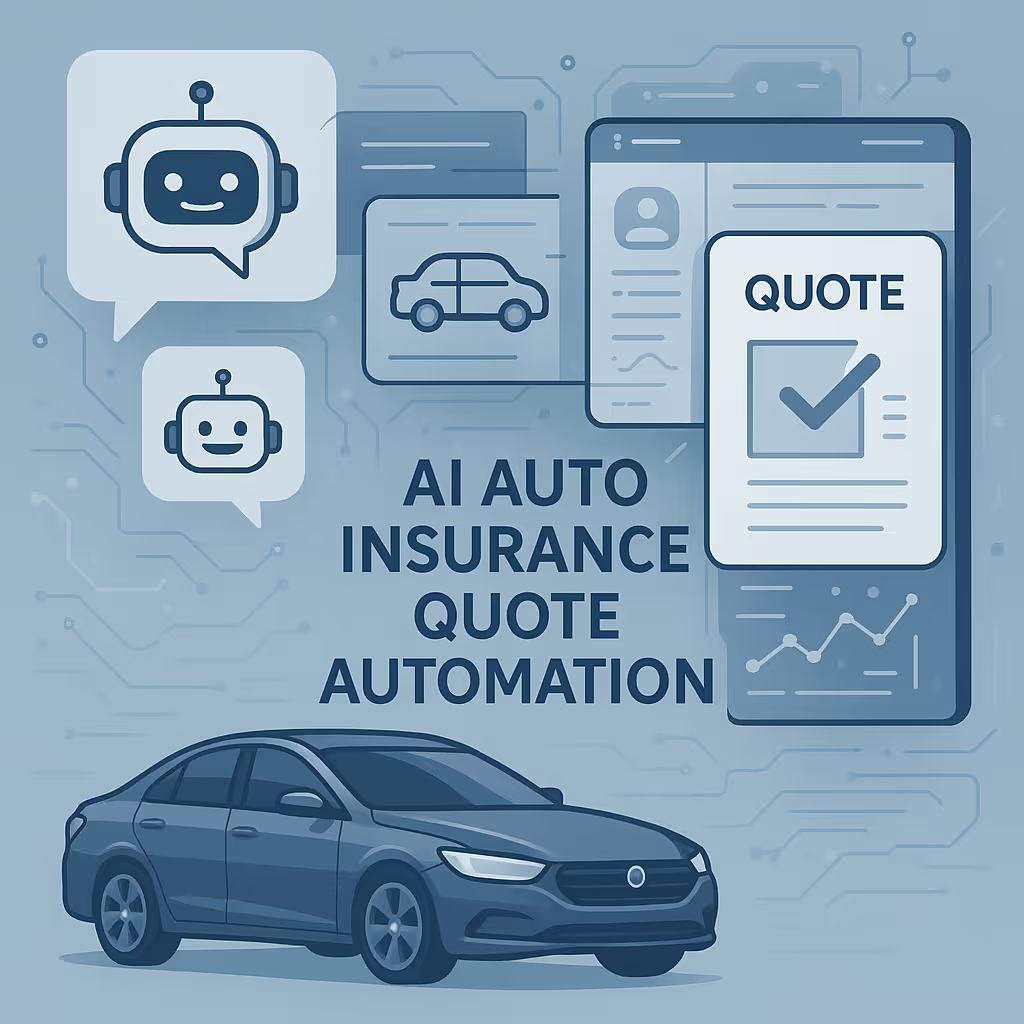Why HIPAA Compliance Is Non-Negotiable
Healthcare institutions must follow strict rules around patient data. Manual reception, voicemail systems, or poorly secured tools can create data breaches, patient complaints, and heavy fines. A HIPAA compliant virtual receptionist provides safe and automated intake while remaining fully auditable. It ensures patient privacy, legal alignment, and consistent service delivery without extra workload.
How Compliant Receptionists Actually Work
Compliant systems combine voice AI, secure infrastructure, and audit-ready logging. They offer features such as:
- Encrypted call audio and transcripts from end to end
- Business Associate Agreement (BAA) support from the provider
- Access controls and multi-factor authentication for staff
- Patient consent capture and opt-out recording
- Audit trails for all call data, transcripts, and metadata
- Automatic call routing to human agents when needed using secure channels
This makes every interaction compliant from the first hello to the follow-up message.
Real Benefits for Healthcare Teams
Organizations adopting compliant systems report benefits such as:
- Fewer data errors or breaches due to automated scripts
- Streamlined intake and scheduling reduces manual double-entry
- Less burden on staff from repeated patient questions
- Faster authorizations and insurance verification
- Increased consistency across front desk shifts or remote teams
These improvements translate into better experience for both patients and clinical staff.
Use Cases That Require HIPAA Compliance
- Hospitals and clinics processing large inbound volumes
- Telehealth services where voice data may contain medical details
- Behavioral health practices with heightened confidentiality needs
- Specialty care providers such as dental, physical therapy, or audiology
HIPAA compliance assures providers, preserving trust and avoiding legal risk when voice data includes patient information.
Implementation Steps
- Select a platform with full HIPAA compliance and BAA options
- Enable encryption for data at rest and in transit
- Configure user access controls, logs, and consent capture
- Build conversational flows that include consent scripts
- Train staff to review transcripts and manage escalation
- Regularly audit call logs and user access for compliance purposes
Healthcare teams often perform internal testing with dummy patient calls to validate flows before going live.
What to Evaluate in Your Vendor
- Proof of HIPAA and data security certifications
- Clear BAA documentation and legal terms
- Audit logs that capture interaction timestamps, transcript access, and call metadata
- Support for call redaction or anonymization if requested
- Transparent compliance breach procedures and reporting policies
- Integration with compliant EHR or scheduling systems
These capabilities help create a defensible and reliable healthcare communications workflow.
Emerging Trends in HIPAA-Safe Voice AI
- Voice biometrics or identity verification without exposing PHI
- Real-time detection and flagging of protected health details spoken by callers
- Patient-centric voice agents that adapt to language, urgency, or condition context
- Seamless handover to clinical staff via secure channels or encrypted voicemail
Summary
HIPAA-compliant virtual receptionists combine AI intake, scheduling, and customer service with enterprise-grade data protection. These systems meet legal guidelines, reduce risk, and give patients the trust and responsiveness they expect. As healthcare providers look to modernize operations, compliant virtual receptionists are fast becoming a hygiene requirement, not just a smart feature.
Explore how Fluents.ai supports HIPAA workflows with secure voice automation tools built for healthcare workflows and compliance readiness.
From 10 calls a day to 85,000, Fluents scales with you. Automate globally, integrate deeply, and never worry about your call infrastructure again.

Stay Connected
Check out our latest updates, customer stories, and resources to keep leveling up with Fluents.
Essential FAQs on HIPAA-Compliant AI Receptionists
Learn how HIPAA-compliant virtual receptionists protect patient data, streamline intake, and ensure legal compliance for healthcare providers.
A HIPAA-compliant virtual receptionist is a digital system designed to handle patient interactions while ensuring the security and privacy of health information. It automates tasks such as patient intake, scheduling, and customer service, all while adhering to HIPAA regulations to prevent data breaches and maintain patient trust.
- Encrypted communication ensures that all patient data is protected from unauthorized access.
- Audit trails and logging provide a record of all interactions, supporting compliance and accountability.
- Business Associate Agreements (BAAs) with service providers ensure legal alignment and data protection.
By implementing a HIPAA-compliant virtual receptionist, healthcare providers can reduce the risk of data breaches, improve operational efficiency, and enhance patient satisfaction through secure and reliable communication channels.
Virtual receptionists protect patient privacy by adhering to HIPAA compliance, ensuring that all patient interactions are secure and confidential. They utilize advanced voice AI and secure infrastructure to manage patient data safely, providing a fully auditable system that aligns with legal requirements.
- Encrypted call audio and transcripts ensure data security from end to end.
- Access controls and multi-factor authentication protect sensitive information.
- Audit trails and consent capture maintain transparency and compliance.
By implementing these measures, healthcare providers can reduce the risk of data breaches, enhance patient trust, and streamline operations, ultimately improving the patient experience and operational efficiency.
HIPAA-compliant receptionists offer healthcare teams a secure and efficient way to manage patient interactions while ensuring data privacy and legal compliance. By automating intake processes and maintaining auditable records, these systems reduce the risk of data breaches and enhance patient trust.
- Automated scripts minimize data entry errors and breaches.
- Streamlined scheduling and intake processes reduce manual workload.
- Consistent service delivery across shifts and remote teams.
These benefits translate into improved patient experiences and operational efficiency, making HIPAA-compliant receptionists an essential component of modern healthcare practices.




